About
|
Fall 2026 Admissions
|
|
The C/CMH Program is back in business! The revised application deadline for Fall 2026 admission is March 2nd.
Interviews will be scheduled mid-end of March
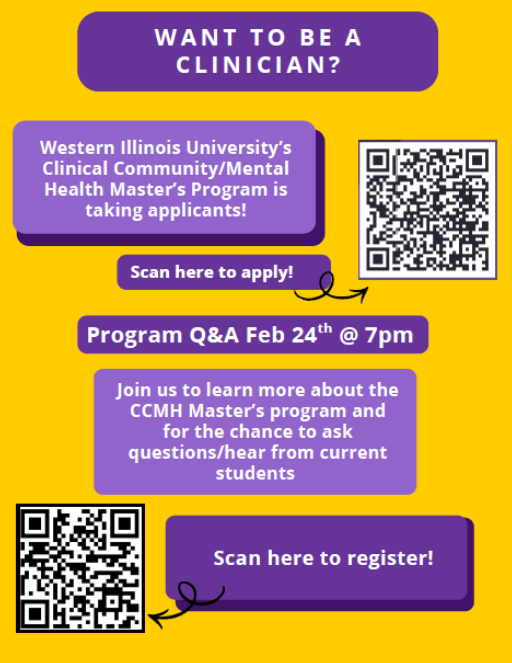
|
|
If interested in the CCMH program at the Macomb campus, please complete the online application with upload of transcripts
Then email all supporting documents (letters of recommendation, CV, and personal statement) to grad-office@wiu.edu
Please include your full name, WIUD number (assigned with new application), and program of interest: MS in Psychology, CCMH
|
Mission
The mission of the Clinical/Community Mental Health program is to provide students with that knowledge and those intellectual and professional skills that will enable them to provide quality mental health services in a variety of treatment settings and to continue to develop professionally.
Philosophy
The program has a strong commitment to training students as psychologists. This means that the curriculum is designed to provide students with a thorough grounding in basic psychological knowledge and methodology as well as with strong skills in the application of this knowledge. The therapeutic training offered in the program is eclectic in nature, but rooted in a strong belief in the importance of understanding the subjective experience of the client as a part of the treatment process. Students are exposed to a variety of treatment theories, supervised by clinical faculty with a diversity of orientations, and encouraged to develop their own approach to clinical work. The program takes the position that acquisition of a sound understanding of basic psychological and psychotherapeutic principles and mastery of fundamental skills, rather than specialization in particular approaches or with specific populations, is the best foundation for good professional practice and continued professional development.
History
The masters program in Clinical/Community Mental Health was organized in the Department of Psychology at Western Illinois University in the fall of 1972. This was a period of rapid expansion in the network of community based mental health agencies, an expansion that was spurred by the availability of federal funds to support the staffing of such agencies.
The program was developed to meet a need for trained practitioners to provide services in this new and rapidly expanding delivery system. The result was a curriculum that was designed to provide a strong basic training in psychology and that would also provide training in those skills that were directly relevant to the practice of community mental health. When the program instituted a revision in the curriculum in order to fulfill the standards that were set in 1994 by the Council of Applied Masters Programs in Psychology (CAMPP), agencies were surveyed regarding the types of preparatory experiences they deemed most valuable for prospective employees and this information was used to guide the curricular development. The curriculum was revised in 2008 to meet educational requirements for Illinois licensure (i.e., LPC, LCPC). The Clinical/ Community Mental Health program is accredited by the Masters in Psychology and Counseling Accreditation Council (MPCAC) for the period of August 10, 2017 to Augst 30, 2027.
Fast Facts
- The C/CMH program prepares students for responsibilities as professional mental health clinicians Students receive actual clinical experience from the beginning of the program, through participation in our community Psychology Clinic
- The C/CMH program has been approved as meeting educational requirements for Illinois LPC/LCPC licensure The program includes two on-campus years of theoretical and applied coursework, followed by a 9-12 month approved internship that the student selects
- Graduate assistantships are available within the department for first-year students and across campus for second-year students. Assistantships provide a monthly stipend and tuition waiver
- Class sizes remain small throughout the program
- The program has been in existence since 1972 and has graduated over 200 students
Application and Enrollment
| |
Fall 2024 |
Fall 2025 |
| Applications Received |
48 |
N/A |
| Applicants Offered Admission |
8 |
-- |
| Applicants Accepting Admission |
8 |
-- |
| Enrollment |
7 |
-- |
*Please note, the C/CMH Program took a pause for admissions for Fall 2025 and no applications were reviewed.
Program Statistics
-
First year retention rate for 2024: 100%
-
Number graduating in May 2024: 4
-
Percentage of cohort graduating in May 2025: 80%
-
Percent of students who enrolled in the program Fall 2020 who graduated from the program 2025: 80%
-
Percentage of graduates 2021-2025 who became fully licensed: 80% of those reported
-
Number of full-time graduate faculty: 3
-
Number of part-time graduate faculty: 0
-
Number of adjunct graduate faculty: 0
-
Percentage of courses taught by adjunct graduate faculty: 0%
-
Percentage of courses taught by full-time graduate faculty: 100%
-
Gender of graduate faculty: 3 females
-
Race of graduate faculty: 3 Caucasian
Testimonials
Alumni
"The Clinical/Community Mental Health Master of Science program not only instills the values, ethics, skills, and knowledge necessary to excel in the mental health field, it also promotes self-knowledge and personal growth. This program teaches and encourages a person to think as an individual and not just follow the crowd. It gives one the opportunity to learn psychotherapy by doing psychotherapy with actual clients. This is but one of the many unique qualities that encompass this wonderful program."
~ Blake Gilbert, 2014 Graduate
"The C/CMH graduate program at WIU provided me with the knowledge to navigate a multitude of different types of field work, as well as invaluable practical experience that I have called upon many times to guide my decision making in difficult situations. The combination of the small class sizes, rigorous course work, and the available opportunity to have guided practice before graduation put me well above my peers from other programs in my job search. Additionally, the large amount of one-on-one instructional time allowed me to gain as much as possible from the experienced faculty. I think, often, that I am so fortunate to have been a part of such a wonderful program that has resulted in success in my endeavors."
~ Emily Wilber, 2010 Graduate
Current Students
"I can confidently say that pursuing my graduate studies at Western Illinois University was one of the best decisions of my life. As a Clinical/Community Mental health student, I have experienced incomparable intellectual growth, mentorship, and personal development that have exceeded all my expectations. The program's curriculum is thoughtfully designed to provide a well-rounded and comprehensive education, combined with practical applications. The support and mentorship I have received from faculty have been invaluable. The program’s commitment to the success of its students is evident in the extensive guidance and encouragement offered, which has empowered me to step out of my comfort zone in numerous ways. I am proud to be a part of the CCCMH program, and I highly recommend the program to anyone seeking a graduate education that integrates academic achievement with a supportive environment."
~ Annique Vidal, 2025 Graduate
"Becoming a part of the CCMH program at Western Illinois University is a decision that I am glad I made. The cohort to professor ratio is one that allows a lot of direct feedback, contact, and supervision with the knowledgeable faculty. This program is comprehensive and aims to set up students for both work within clinical therapy and assessment along with community mental health. Not only that, but the environment fosters growth for each student clinician to find their own theoretical orientation and does not pidgeonhole the collective into one specific route of conceptualization. The classroom work mixed with direct clinical experience with both ongoing and assessment clients fast-tracked the application of skills we were learning in the classroom to direct experiences, Upon leaving for internship, I have felt prepared and confident in my abilities instilled in me during my time at WIU."
~ Madison Maciejewski, 2024 Graduate
Careers
The curriculum of the Clinical/Community Mental Health program is specifically tailored to prepare students to enter professional work in outpatient mental health settings, and graduates have had excellent success in obtaining jobs. Of all the graduates of the program since 1973, 91% obtained their first jobs as generalist therapists in treatment centers, while 8% have pursued doctoral studies.
Surveys of our graduates have revealed that approximately 93% of our graduates are employed full-time in clinical services settings appropriate to their training, assuming either direct service positions or administrative positions. Settings our graduates work in include: Community mental health centers; hospitals/medical practices; juvenile and adult correctional facilities; residential treatment facilities; two- and four-year colleges; K-12 schools; group practices; independent practices; crisis/domestic violence treatment settings; and governmental social service agencies.
Employment Settings
C/CMH Graduates (past 10 years)
- Community Mental Health Center: 24%
- Hospital/Medical Center: 14%
- Correctional Facility: 14%
- College/University: 13%
- Residential Treatment Facility: 7%
- Group Practice: 7%
- Rape Crisis/Domestic Violence Treatment Center: 6%
- Substance Abuse Treatment Facility: 3%
- International Research Center: 3%
- Other Non-profit Treatment Center: 3%
- Other: 6%
For more information about licensing across states: http://wiu.edu/provost/docs/ProfessionalLicensureDisclosureReport.pdf. Please check with C/CMH program faculty about current licensing requirements in Illinois.
Alphons J. Richert Scholarship
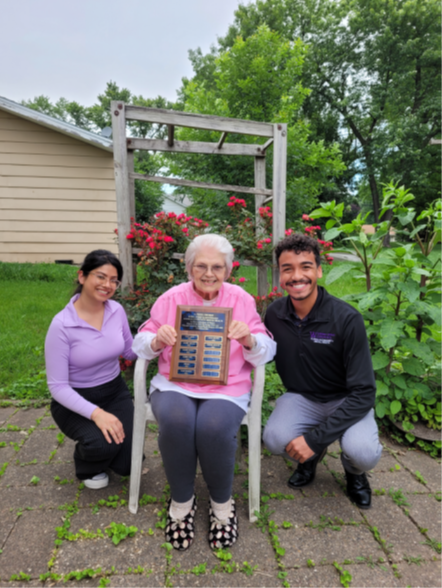
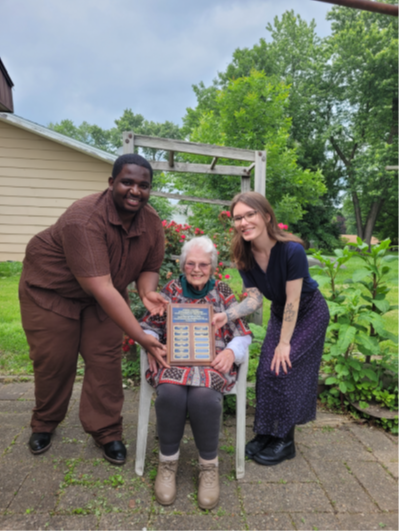
2025 Scholarship Recipients Bhavika, Isaiah Moorman, Deoquase Williams, and Kayla Rollings
Students enrolled full time in the C/CMH program are eligible to apply for the Al Richert Scholarship. Typically, one to two students in the second year of the program have been awarded the scholarship but for the 2025 year, we had the pleasure of recognizing for outstanding students.
The Alphons J. Richert Scholarship in Psychology Clinical/Community Mental Health was established in his memory by his wife, Ruth. Richert came to Western in the fall of 1972 as an Assistant Professor of Psychology; was promoted to Associate Professor in 1979 and to Professor in 1986. In addition to his teaching and research duties, Richert provided clinical services for student and community clients. He became Director of the Psychology Clinic and Coordinator of the Psychology Master's Program in Clinical Community Psychology in 1975. He became a licensed psychologist in the State of Illinois in 1979.

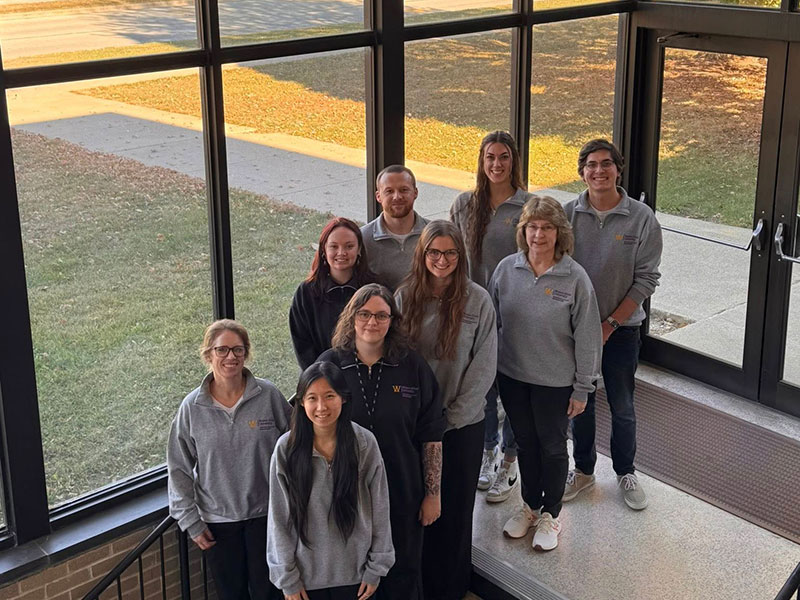
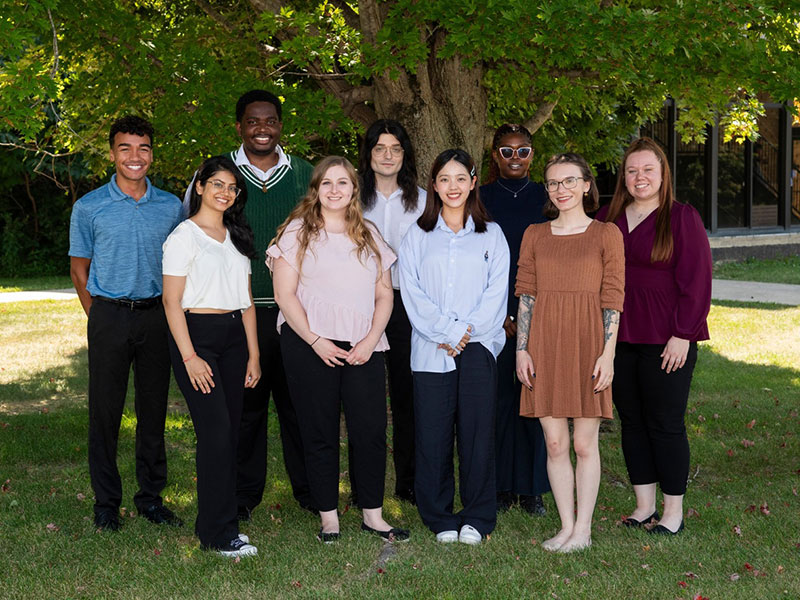



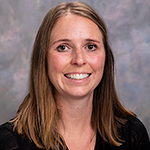
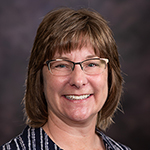
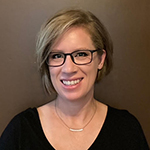
Connect with WIU: